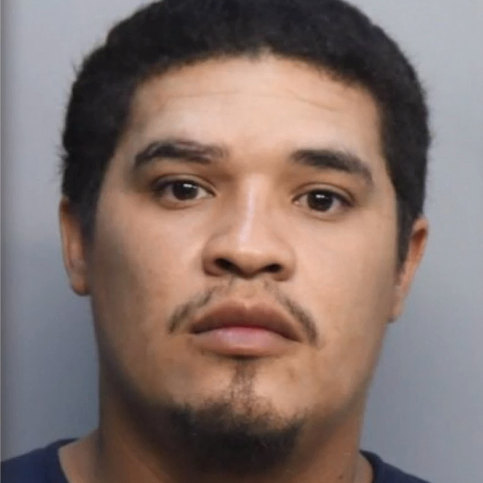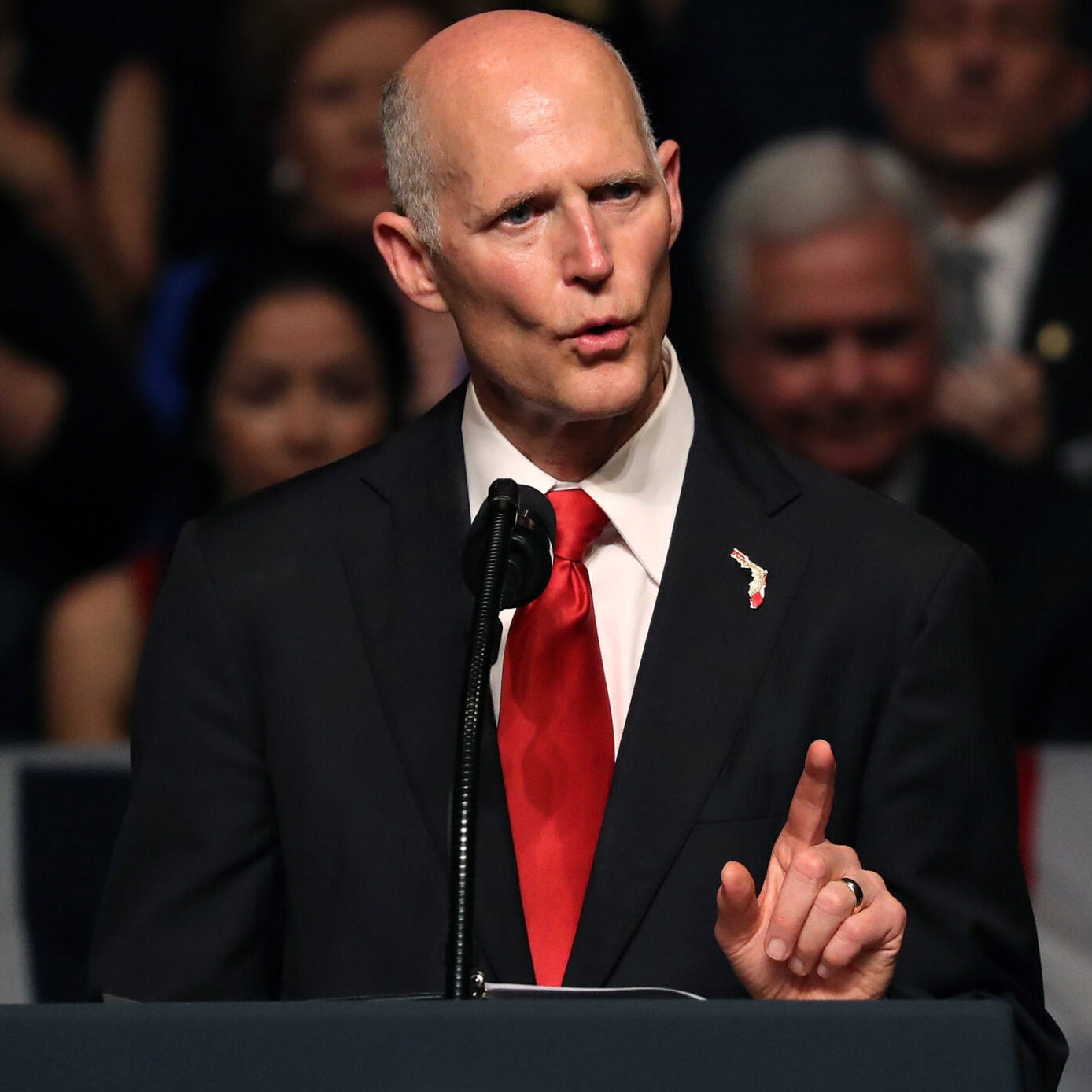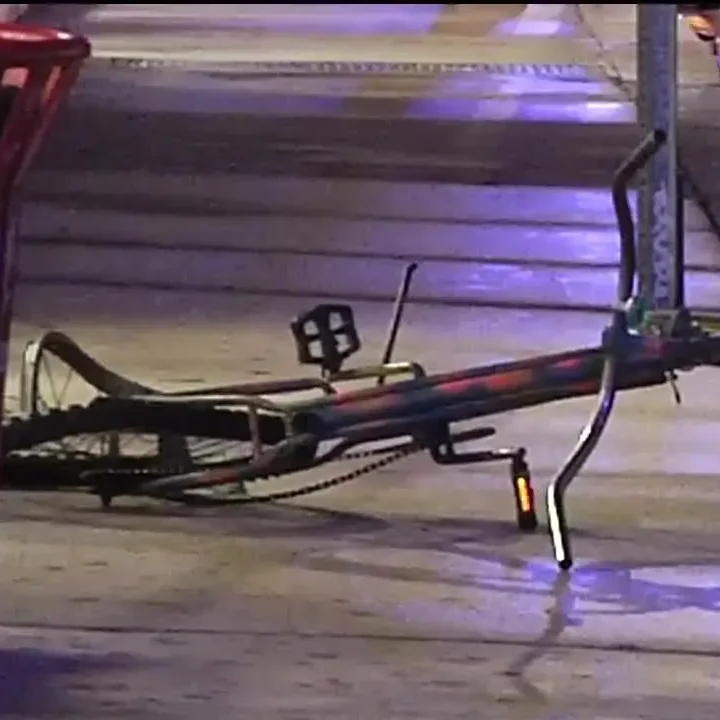For decades, activists have rallied outside the Miami Seaquarium, seeking public support to free Lolita, the now endangered southern killer whale that has been the marine park’s main attraction since 1970.
Despite those efforts, Lolita remains trapped in an 80-by-35-foot tank, where she has not seen a member of her species since the death of her fellow killer whale, Hugo, in 1980, MiamiNewTimes reported.
Proponents have long said the tank is too small and violates the Animal Welfare Act, but officials with the United States Department of Agriculture (USDA) have cited a multitude of apparent gaps over the years, leading to which allows them to maintain that the fish tank-shaped enclosure complies with the law.
In the latest attempt to free Lolita, People for the Ethical Treatment of Animals (PETA) asked Miami-Dade State Attorney Katherine Fernández Rundle to investigate and file animal cruelty charges against the Miami Seaquarium and the responsible employees. of Lolita’s care.
“Despite her highly threatened status, Lolita is being held in a small, shallow and sterile concrete tank, without adequate protection from the sun and without adequate company,” reads a May 26 letter to Rundle from PETA’s vice president. Jared Goodman.
“We request that your office investigate this matter thoroughly, with the assistance of killer whale experts not affiliated with the captive killer whale entertainment industry, and bring the appropriate charges of cruelty,” the letter noted.
For some animal rights activists, Lolita’s situation is not only cruel, but the result of decades-long indifference behind the scenes.
PETA has a case against the USDA pending before the United States Court of Appeals regarding Lolita’s tank size. The animal rights organization now hopes that the Miami-Dade State Attorney’s Office may be another avenue to compel the Seaquarium to comply.





